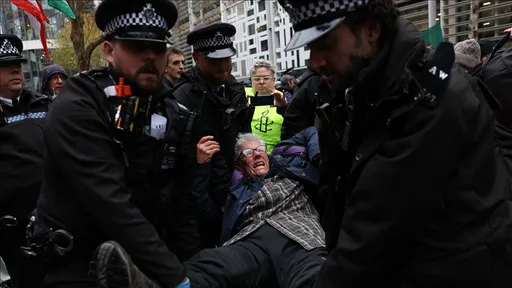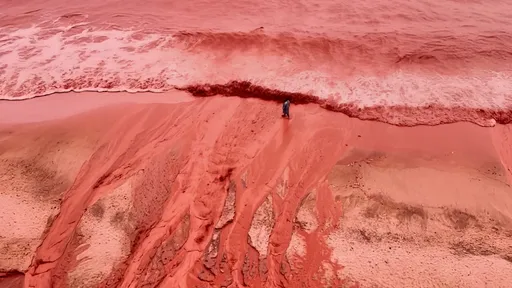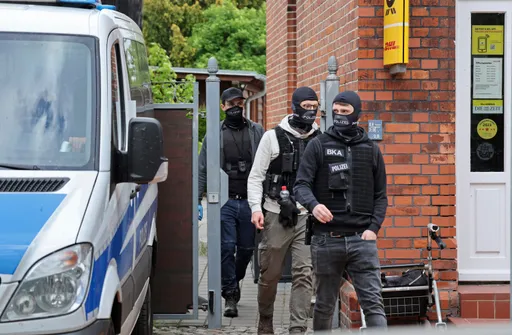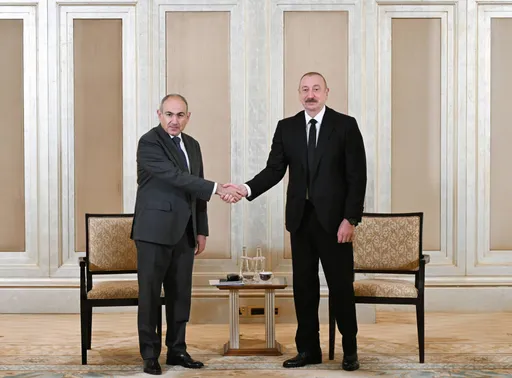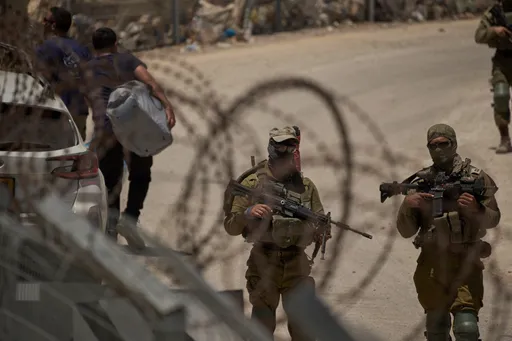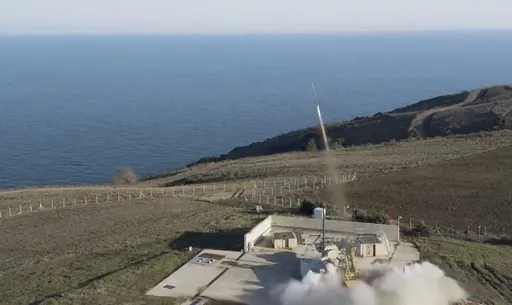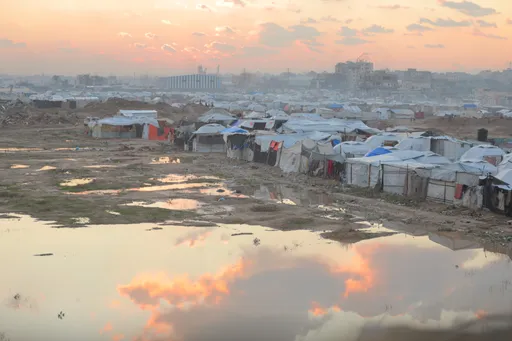It all started with Mike Pence. The Vice President of the United States tweeted on Saturday: “We are with the people of Venezuela”, describing the country’s governance as a “dictatorship” Venezuelans are “suffering under”.
The next day, the US Embassy in Cairo retweeted Pence’s tweet and quoted it verbatim. That is when the ironic comments and criticism came flying in from users confused as to why the embassy in Egypt would criticise what it perceives as Venezuela's "dictatorship", while ignoring the large-scale human rights crisis under President Abdel Fattah el Sisi in Egypt.
David Klion asked: “How do you feel about, um, the people of Egypt?”
Another Twitter user with the alias Hobbesian Dystopiadork, tweeted: “Now do Sisi”. A comment that appeared to suggest that Egypt’s current ruler is a dictator and the US must stand with Egyptians instead of Sisi.
The reaction to the US Embassy in Cairo stems from the fact that Sisi deposed Egypt's first democratically elected president, Mohamed Morsi, in 2013, and was later elected in a disputed election.
Human Rights Watch says Sisi’s government is presiding over “the worst human rights crisis in the country in decades”. Many people on Twitter voiced the opinion that the US Embassy in Cairo should be criticising Egypt before it criticised Venezuela.
The support that the Trump government is offering Venezuela is something that it isn’t given to many other nations struggling for democracy. In contrast, the US has been known to support authoritarian regimes and leaders who have been accused of crimes and undemocratic conduct.
The US has long supported King Abdullah of Saudi Arabia and his heir, Crown Prince Mohammad bin Salman (MBS). While US-Saudi relations have taken a hit due to the killing of journalist Jamal Khashoggi in Saudi Arabia’s Istanbul consulate, believed to be carried out on MBS’s orders, Trump is still on good terms with the Saudi de facto leader.
The US is also on good terms with other Gulf countries, such as the United Arab Emirates and Bahrain. According to Human Rights Watch (HRW), the UAE “arbitrarily detains and in some cases forcibly disappears individuals who criticise the authorities”. In Bahrain, according to HRW: “Courts convict and imprison peaceful dissenters, including prominent human rights defenders and opposition leaders, and file trumped-up charges against their relatives.”
The US also has close ties with governments led by populist leaders who are accused of authoritarianism, such as India. The US has strong relations with India, where the human rights record has deteriorated since the far-right politician Narendra Modi came into power. Crimes against Muslims and violence against journalists have increased ever since Modi became prime minister in 2014.
US foreign policy on authoritarian countries is not a standard one; it seems to change according to how much the US benefits from each country.












